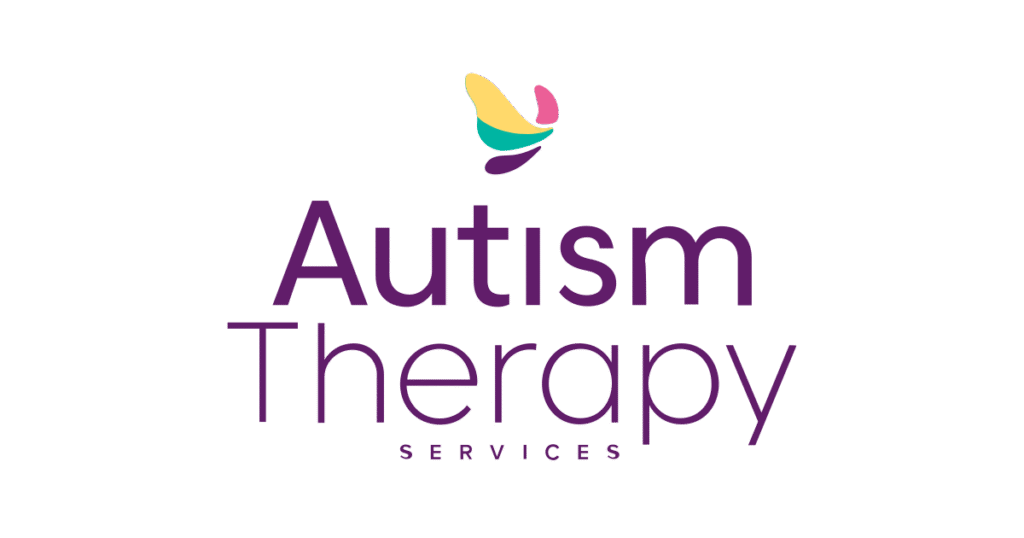
Choosing the Right ABA Therapy Services for Your Child’s Needs asdtherapyservices.com
Finding the right ABA therapy services for your child can feel overwhelming, especially when you want to ensure they receive the best support to thrive. Applied Behavior Analysis (ABA) is one of the most widely recognized and evidence-based approaches for helping children improve communication, behavior, independence, and learning abilities. However, every child has unique needs, strengths, and challenges, which means that not all ABA providers are the same. Understanding what to look for can make a powerful difference in your child’s developmental journey.
This guide will help you understand what ABA therapy involves, the qualities of a strong provider, and the essential factors to consider when choosing the right ABA therapy services for your child.
What Is ABA Therapy?
Applied Behavior Analysis (ABA) is a research-based therapy that focuses on understanding human behavior and how it is influenced by the environment. Through positive reinforcement, structured teaching methods, and personalized treatment plans, ABA helps children build skills that contribute to independence and improved daily functioning.
Children receiving ABA therapy often work on:
Communication and language development
Social interaction
Behavior management
Daily living tasks
Academic readiness
Emotional regulation
Play and peer engagement
ABA therapy is flexible and can take place at home, in clinics, schools, or community settings. The key is that the program is tailored to each child’s unique needs.
Why Choosing the Right ABA Provider Matters
Because ABA therapy is highly individualized and delivered over many weekly hours, the quality of the provider has a major impact on your child’s progress. A reliable and experienced ABA team can:
Create effective, realistic goals
Use proven teaching methods
Track and adjust programs based on progress
Communicate clearly with families
Collaborate with teachers and other therapists
Ensure a safe and supportive learning environment
The right ABA provider can transform your child’s development by building strengths, reducing challenges, and empowering them to learn at their own pace.
Key Factors to Consider When Choosing ABA Therapy Services
Choosing the best ABA therapy services involves looking at several important criteria. Here are the factors parents should prioritize:
1. Credentials and Qualifications
A reputable ABA provider should have:
Board Certified Behavior Analysts (BCBAs): Professionals responsible for assessments, treatment plans, and supervision.
Registered Behavior Technicians (RBTs): Trained therapists who work directly with your child under BCBA guidance.
Ongoing training: The provider should invest in continuing education, workshops, and skill-building.
Make sure the team follows ethical guidelines and maintains proper certifications.
2. Personalized Treatment Plans
ABA works best when it is individualized. A strong provider will:
Conduct a detailed assessment of your child’s needs
Create a customized therapy plan
Set measurable and realistic goals
Consider your child’s learning style, strengths, and interests
Avoid providers who use “one-size-fits-all” programs, as no two children learn the same way.
3. Family Involvement and Support
Parental involvement is one of the biggest predictors of success in ABA therapy. Choose a provider who:
Offers parent training sessions
Shares progress updates regularly
Encourages family participation in goal-setting
Teaches strategies you can use at home
Good providers treat families as partners in the therapy process.
4. Flexible Service Options
Every family’s schedule is different. The right ABA service should offer options such as:
In-home ABA therapy
Center-based therapy
School-based support
Community-based sessions
Weekend or after-school availability
Flexibility makes the therapy more consistent, which improves results.
5. Data-Driven Approach
ABA therapy heavily relies on data. Providers should:
Track your child’s progress daily
Show you data and explain results clearly
Adjust strategies when needed
Use evidence rather than guesswork
If a provider cannot show data or explain progress, it may be a red flag.
6. Positive Reinforcement and Ethical Practices
High-quality ABA therapy uses:
Positive reinforcement
Respectful and child-centered methods
Clear boundaries
Encouragement rather than pressure
Choose providers who build trust, celebrate success, and create a warm environment for learning.
7. Communication and Transparency
You should feel informed and confident at every step. Providers should be clear about:
Therapy policies
Session expectations
Insurance coverage
Costs
Scheduling
Staff qualifications
Open communication ensures your child receives safe and consistent care.
8. Experience With Diverse Needs
If your child has specific needs—such as language delays, academic challenges, limited attention span, or behavior concerns—choose a provider experienced in those areas. Providers should adapt programs and strategies based on your child’s development level and goals.
Questions to Ask Before Choosing a Provider
Here are helpful questions to ask during your initial consultation:
Who will supervise my child’s program, and how often?
How many hours of therapy do you recommend?
What does a typical session look like?
How do you involve parents in the treatment process?
How do you measure progress?
What experience do your therapists have?
Do you offer in-home, school-based, or center-based services?
How do you create individualized treatment plans?
A trustworthy provider will answer these questions confidently and clearly.
The Importance of a Comfortable Environment
Children learn best in places where they feel safe and supported. When visiting a clinic or meeting a therapist, observe:
How the staff interacts with your child
Whether the environment feels welcoming
How your child responds to the therapist
Whether the space is organized and child-friendly
A warm environment can make sessions more enjoyable and effective.
Conclusion
Choosing the right ABA therapy services is one of the most important decisions you can make for your child’s growth and future development. By focusing on provider qualifications, personalized programs, family involvement, communication, and ethical practices, you can ensure your child receives the highest level of care. A dedicated ABA team can help your child build essential skills, increase independence, and make meaningful progress—one step at a time.
Report Story


Leave Your Comment